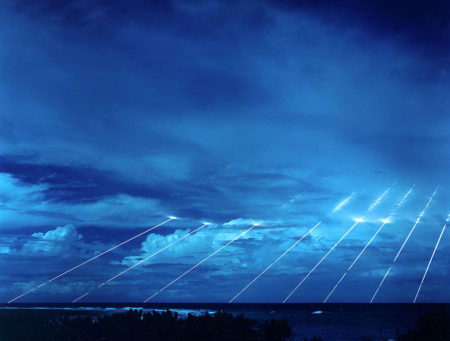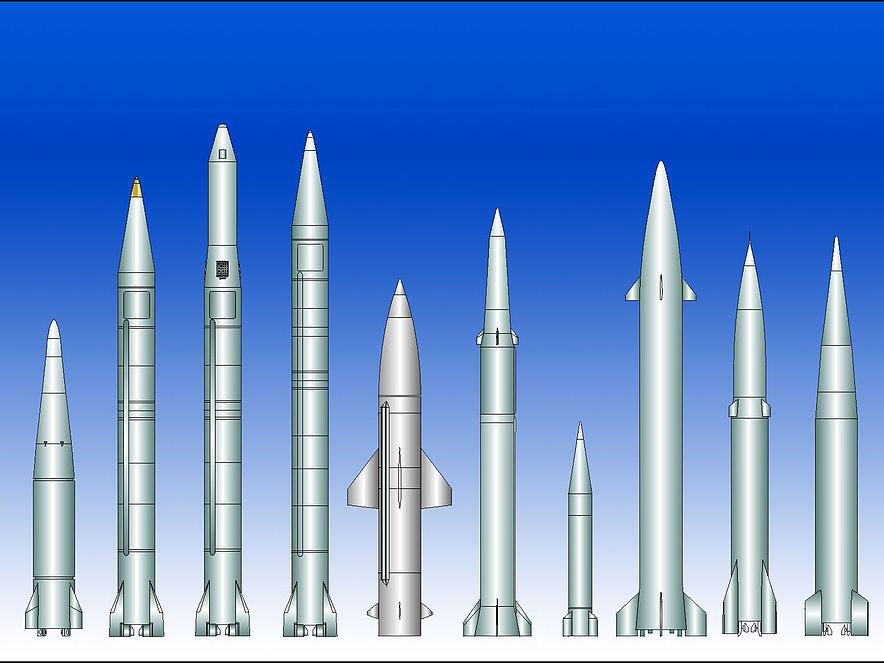
This article was originally published by YaleGlobal on 18 April 2017.
Debate about a nuclear arms race may be missing a moral dimension, and these debates should include all nuclear powers
The second nuclear age takes place in a post-Christian world. New atomic missiles come from North Korea, Pakistan, India, China – with diverse religious and nonreligious traditions. The United States, set to start its own nuclear modernization, now too is a post-Christian nation.
“Post-Christian” here means the decline in primacy of a Christian worldview in politics, especially in the United States and Europe. During the first nuclear age and Cold War, both were Christian societies by this definition. And while Christianity still has many adherents, it lacks the authority it had during the years of the Cold War. This decline of authority means that calculations of self-interest in international politics bear almost all of the weight for restraint and shaping world order. Questions that drove debate about the Cold War arms race are no longer asked with the same passion. Yet these questions haven’t vanished. Who, for example, determines the national interest? Who does the calculations on which self-interest is founded and that determine nuclear armaments buildup?


